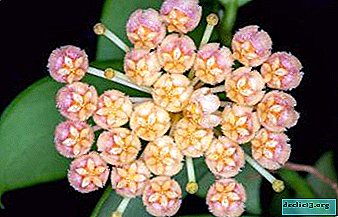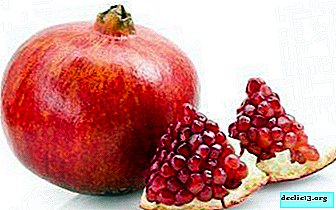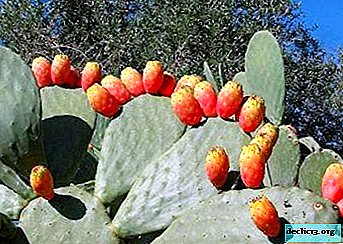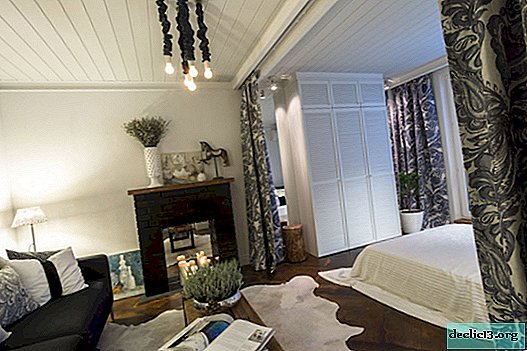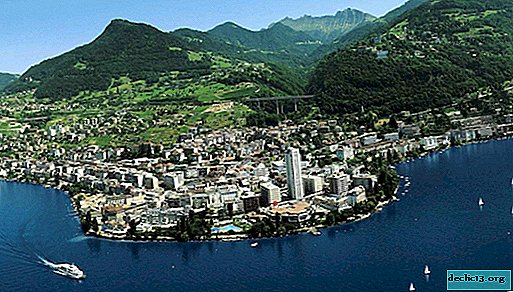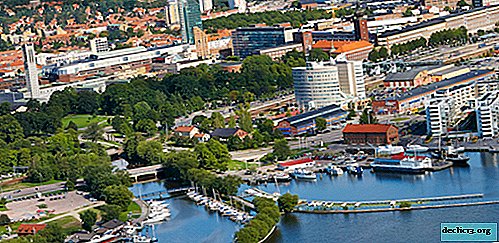Rhododendrons - a bright accent in the garden
In bloom, rhododendrons can turn an ordinary garden into a magical sight. With proper care, this plant will bloom lushly and brightly, and decorate the landscape for a long time.
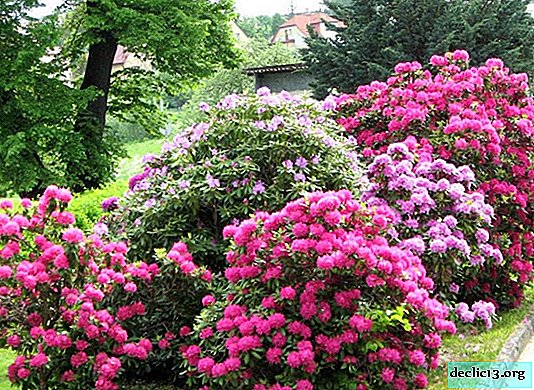

Features varieties of rhododendron
There are many stunning shrubs and stunted trees in the genus of rhododendrons. On some varieties, evergreen wintering leaves, on others the leaves fall and grow again for the next season.


If you choose an evergreen plant, then the leaves on it can last from 3 to 5 years. On wintering varieties, the leaves last only one year, and on the falling ones they can be admired from spring to autumn.


Depending on the variety, the leaves may have a spear-shaped, round or ellipsoidal shape. Flowers also boast a variety of shapes, sizes and shades. They are collected in corymbose inflorescences.


The homeland of rhododendrons is in the Far East and in the mountain forests of Japan and China. Deciduous varieties are more suitable for the harsh Russian climate. Among them are Lemon Lights. It reaches up to one and a half meters in height. The flowers have a lemon color and a pleasant aroma.


Nothern Hi-Lights also belongs to frost-resistant varieties. Flowers appear on them in late spring. In addition to them, varieties suitable for cold regions include:
- Mandarin Lights;
- Mauritz;
- Peter Tigerstedt;
- Haaga;


For your site, it is better to choose varieties that came from the Finnish nurseries, as they are distinguished by the greatest endurance, which can not be said about representatives of the species from Holland.

The larger the leaves on the rhododendron, the more difficult it will be to endure the cold. It is difficult for such plants to resist drafts and winds. In addition, they will constantly need high humidity, which will complicate the care of them.


The Most Suitable Rhododendron Care
In order to minimize the necessary care for rhododendron, you must carefully select a place for planting a plant. The soil must be prepared in a special way and mulched.


Especially in the first year, it is important that the bushes do not feel a lack of moisture. Water the rhododendrons with soft, defended water. It is better if it is recruited from a river, pond or from a reservoir of rainwater.


Loosen the soil carefully and at some distance from the plant itself. The roots of the bush are very delicate and easy to damage with garden tools. Weeds should be pulled out by hand.
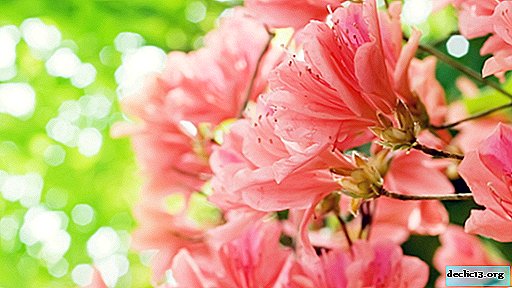
Like most other plants, rhododendron responds well to fertilizers. For him, it is best to use mineral top dressing. Liquid varieties will be optimal, since they are designed specifically for such plants.


Granular fertilizers can also be used. They are usually used in dry form, simply sprinkling in equal portions on one matchbox per 1 sq.m. Such an amount will be enough for a small plant up to 50 cm in height. As the bush grows, the amount of fertilizer increases.


Top dressing should be carried out from the beginning of May to the 20th of June every 2 weeks. After that, at the end of the month, the plant is fertilized once again with potassium sulfate dissolved in water. Proportions are calculated based on the age of the plant. Until the end of summer, fertilizing the plant is no longer necessary.


Long-acting fertilizers should not be used, as they are designed for a long warm period in a year. The result of such illiterate top dressing will be the secondary growth and freezing of new shoots.


Also, to avoid secondary growth in late August, you need to reduce watering. If the weather turned out to be rainy, then you can not water the bushes at all. To avoid fungus, rhododendrons need to be treated with special substances twice a season.


During flowering, wilted flowers should be regularly removed. Useful in the dry period will often spray the bushes.


In addition, twice a year, the ground under the bush must be mulched with pine sawdust. This will avoid rapid drying of the soil and reduce acidity.


What place is suitable for rhododendrons
The place for planting rhododendron bushes must be chosen taking into account the fact that the plant does not tolerate winds and sudden changes in temperature. Therefore, a flower bed with flowers should be reliably protected from both the sun and winds.


There should be no trees with a superficial root system near the rhododendron bushes:
- ate;
- linden trees;
- birch trees;
- chestnut;
- aspens;
- elm;
- maple tree.


Such "neighbors" will take away food and moisture from the flowers, destroying them. Nearby you can plant pines or oaks, as well as fruit trees. In any case, rhododendrons should be outside the crown, so that precipitation in sufficient quantities fed the bushes.


Landing of rhododendrons in the area
Thanks to the fibrous root system, with proper extraction of seedlings from the pot, rhododendron can be easily transplanted into the ground. At the same time, plants need to organize good drainage.


The best option would be to build high beds at a level of 10-15 cm. This will avoid damage to the plant in spring floods. You can protect the soil from sprawling with the help of stones.


It is also important to properly prepare the substrate for planting. It should be sufficiently acidic in the range of 4.5-5.5 pH. In addition, it should be moderately loose and breathable.


The composition can include peat, loam and the same part of the pine litter. Another option consists of garden soil and two parts of sphagnum acidic peat. Instead of garden soil, you can use clay, but 2 times less in volume.


A compact root system will allow the plant to be content with a small pit with a diameter of 60 cm. It is enough to plunge into a depth of 40 cm. The free space around the earthen coma is filled with a substrate and compacted.


How to prepare rhododendrons for the winter season
The approach to preparing for wintering will completely depend on the climate of a particular region. In most regions, training can begin as early as mid-August.


In dry autumn, rhododendron needs to be watered in order to create a supply of water in the leaves for the winter. One-time watering should be plentiful.


Many varieties do not require shelter for the winter. They perfectly tolerate snow and the scorching sun. Coniferous varieties of rhododendron are less persistent and should be especially taken care of.


After the onset of steady colds, rhododendrons should be sheltered. Lush shrubs are tied with a rope into a denser sheaf.


Spruce or pine branches are placed in the middle of the resulting structure. Then on top you can put the frame. This may be a hut, on which they lay a sack cloth.


You can remove the shelter at the end of April. It is important that by this time the snow has already fallen. The main thing is to do this in stages, airing the bushes.


To completely remove the frame, it is better to choose a cloudy day. It is better to leave branches for a short time to protect from the bright sun. A few days later, when the plant gets used, and they can be removed.


If you approach the care of the rhododendron with due attention, then the stunning bright shrubs will decorate any site.



